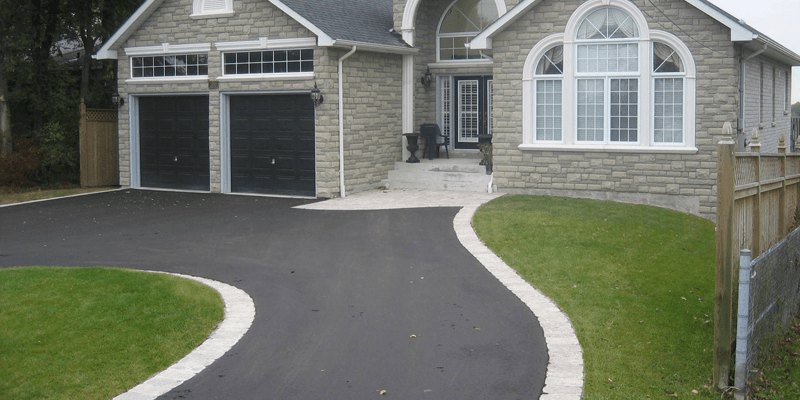It’s not surprising that people would want an asphalt driveway. It gives a nice clean look, doesn’t require any special care, and is very inexpensive. However, before you run out and get estimates from contractors for your new driveway installation, there are some common mistakes homeowners often make that affect the quality of their driveways and can cause problems down the road. This article will discuss the most common asphalt installation mistakes and how to avoid them.
What is an Asphalt Driveway?
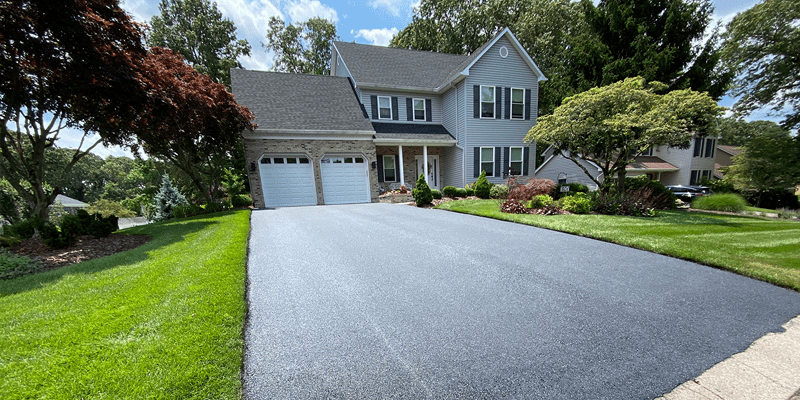
Asphalt is a mixture of rock, sand, and oil that has been heated to high temperatures. The resulting product is a hard black material that can be easily cut into pieces for use in construction projects. In the process known as asphalt driveway installations, this hard surface material will then typically be laid down on top of a flat or sloped base of gravel-like soil or stone mixed with clay and crushed stone or concrete dust.
There are three general types of asphalt:
1) cold mix, which is made from aggregates (gravel-sized particles) and bitumen
2) hot mix, also called Hot Asphalt Mix
3) hot-laid membrane, which consists only of bitumen and no aggregates at all.
Cold Mix Asphalt Driveway Installation

The cold mix asphalt driveway typically consists of the same materials as the hot mix, except that it does not contain any heated bitumen and is mixed and poured during cold weather. This type of installation is generally not recommended because:
1) Cold mixes tend to be stiffer than hot mixes and will only flow a couple of feet before setting up. The result can be an irregular surface if the material settles while it’s still workable.
2) Cold mixes often blend together two or more batches with different characteristics such as oil content or viscosity, which may cause the resulting product to have less resistance to cracking due to thermal contraction and expansion.
Hot Mix Asphalt Driveway Installation
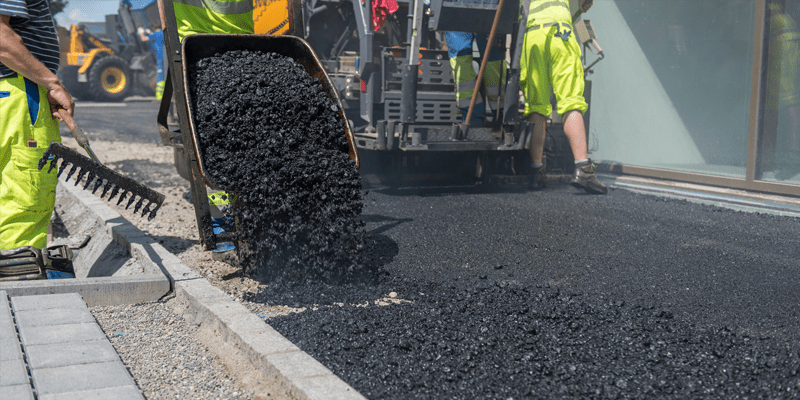
The hot mix asphalt driveway is the most popular type of choice due to its uniform consistency and resistance to thermal expansion and contraction. The basic steps to installing a hot mix asphalt driveway are:
1) Prepare the base course by digging up the existing soil (if necessary) adding gravel, clay, crushed stone, or concrete dust. Compact the base material with a roller.
2) Place wire mesh over the compacted base if you plan on using an open joint method of construction (the joints will be filled with aggregate). Thicker materials like driveways can generally use black polyethylene sheeting instead of wire mesh.
3) Lay down rows of aggregate on top of the prepared base course; make sure that there is no more than 6″ of aggregate below the final driveway surface.
4) Use a plate compactor to push the aggregate into the base material, then pull a steel trowel across the top to make it as flat as possible.
5) Apply adhesive according to the manufacturer’s specifications and let it dry overnight. Spread a layer of hot mix asphalt on top of this and smooth out using a hand screed or power screed.
6) Allow for at least 12 hours before driving on your new asphalt driveway.
While these steps seem relatively straightforward, there are some common mistakes homeowners make during installation that can lead to problems later on:
Not Letting Adhesive Dry Overnight
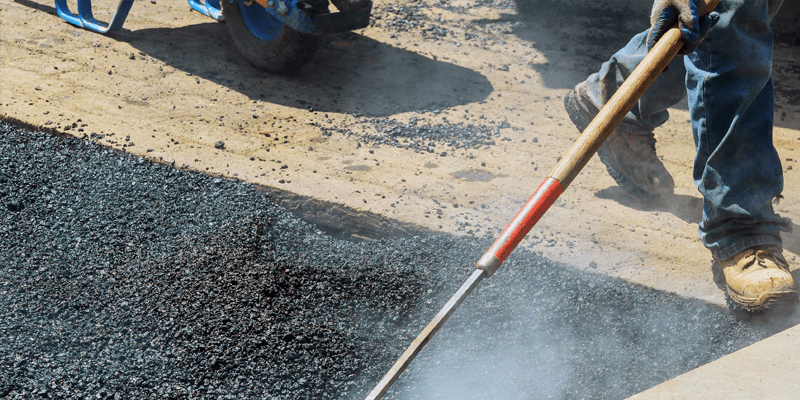
– The purpose of allowing the glue time to dry is so that it won’t be disturbed once the asphalt layer is placed on top. It takes at least 12 hours (preferably 24 hours) for the adhesive to dry thoroughly, which will provide adequate time for the surface to flatten out and compress against the aggregate.
Not Using Aggregate in Open Joint Method
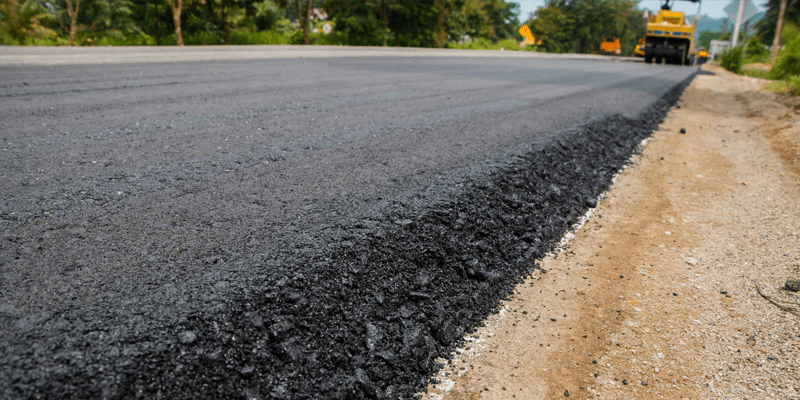
– If you choose an open joint construction method, it is crucial that you fill the joints with a mix of gravel and bitumen so they don’t crack later on due to thermal contraction and expansion. The general rule of thumb is that the blend should contain no more than 6″ of gravel below your new driveway’s final surface grade.
Installing without Laying Wire Mesh
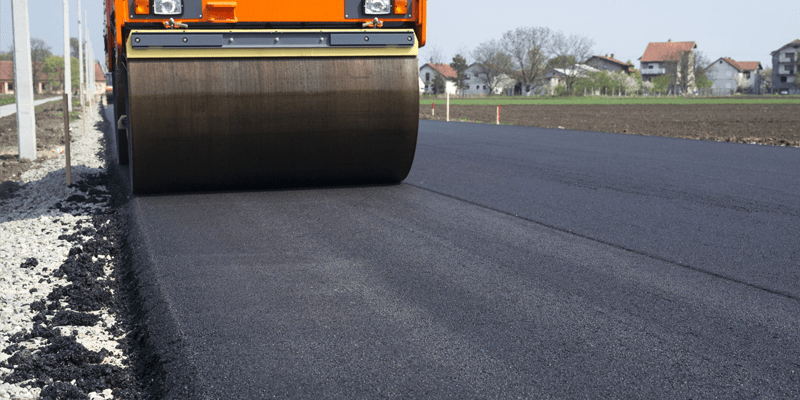
– If there is no wire mesh over a base that requires it, there is a chance that the aggregate mix will fall through and create an uneven surface. The wire mesh should be laid before the aggregate to ensure it stays in place while you level and compact the base course.
Failing to Use Adhesive
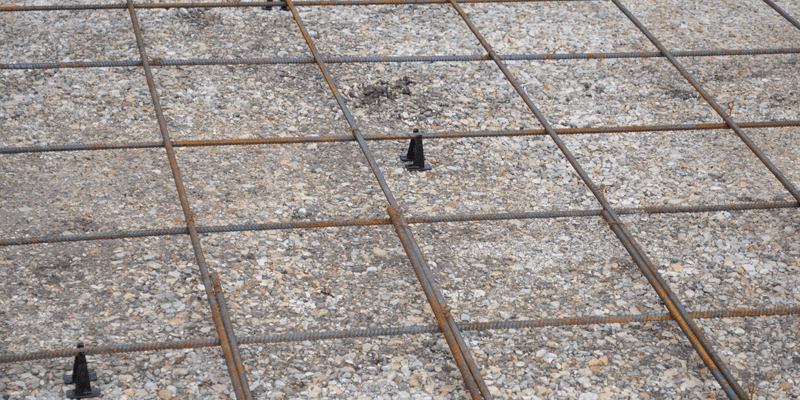
– If you don’t apply adhesive to the base course before placing your new asphalt driveway, your driveway will settle and shift because of its weight. This can cause cracks and potholes over time; plus, if there are open joints without aggregate (see above), then water will get trapped underneath and lift or heave the asphalt up.
Moving too fast when it comes to pouring your new asphalt driveway is another very common mistake homeowners make. Be sure to readjust the aggregate before adding more hot mix asphalt. To avoid these mistakes and others, always consult a professional for advice or a full-scale installation.
Asphalt Driveways Are More Expensive Than Concrete But May Last Longer
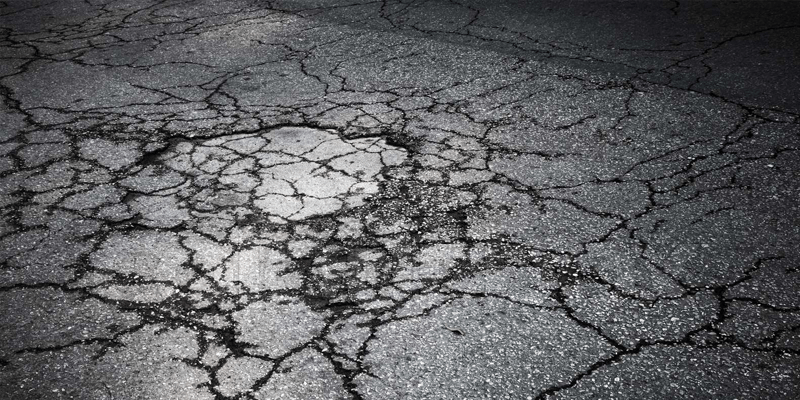
Concrete driveways are not very expensive, but they can be quite slippery when wet and will only last an estimated 20 years if properly maintained. Asphalt driveways have been increasing in popularity due to their quick installation time, affordability, availability of colors and patterns, and overall aesthetic appeal. In fact, hot mix asphalt has been used to construct road surfaces for decades because of its durability and resistance to cracking from the stress of heavy traffic.
However, asphalt is not without its disadvantages: it can become very slippery when wet, and it tends to fade over time, requiring periodic sealing in order to protect the surface from damage caused by ultraviolet sunlight or chemical reactions with other substances that spill onto the driveway.
Asphalt driveways are an attractive option for homeowners who are looking to save money on their home improvement projects but still want a driveway that looks appealing and will last many years. Be sure to contact a contractor about your project before getting started–it could be much more difficult (and expensive) if you try to do it yourself and then realize you need help to complete the project correctly. Plus, hiring a professional company ensures that your new asphalt driveway is done properly so that you won’t have any issues later down the road.
For more information about installing asphalt driveways in Houston and making sure the job is done right, contact our team of experts today. They can answer any questions or concerns you may have and always provide free estimates on our asphalt services.

